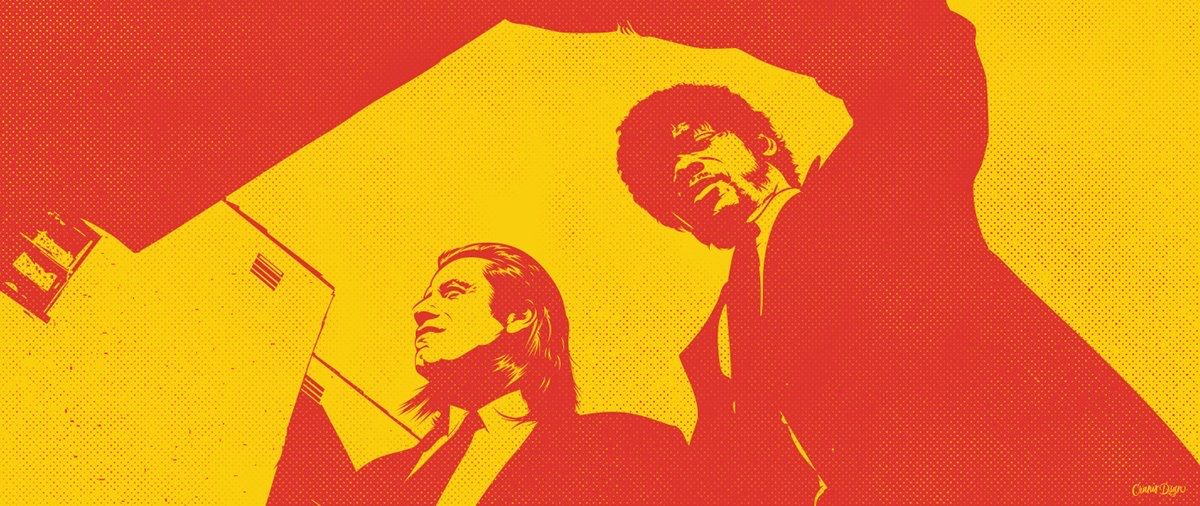Cemetery Without Crosses is a 1969 movie directed by Robert Hossein.

WHAT HAPPENS?
A widow lures a gunfighter into a kidnapping plot in order to gain revenge on a powerful family.
ONE LINE REVIEW
Cemetary Without Crosses is an exceptionally unique, moody and somber Euro Western.
THE ACTORS
Michele Mercier and Robert Hossein are atypical leads for the genre but deliver brilliant understated performances. Mercier plays Maria, a widow seeking revenge against a powerful family responsible for her husband’s murder. Mercier creates a haunting presence throughout the movie – her eyes and pained but bold expressions convey both the determination and emptiness of her situation. As the movie progresses, she gains a sense of quiet power as her vengeance is delivered through Hossein’s Manuel.

Hossein is another intriguing choice for the genre. Lacking either the typical rugged or feminine traits of many Euro Western leading men, he offers an endearing and perpetually anguished persona. He’s not a physical presence There is something broken or unreachable in Manuel – accented by his slipping on a glove before a shootout. It’s as if Hossein’s character has to change into his role of a gunfighter – something he appears consciously removed from.
Continue reading “Cemetery Without Crosses”



















